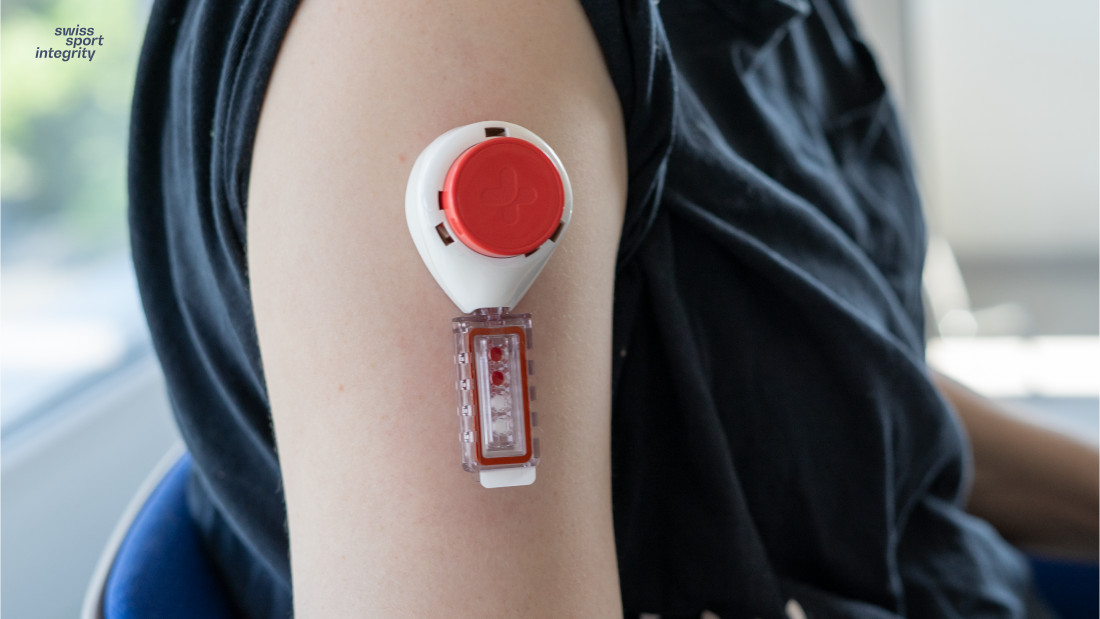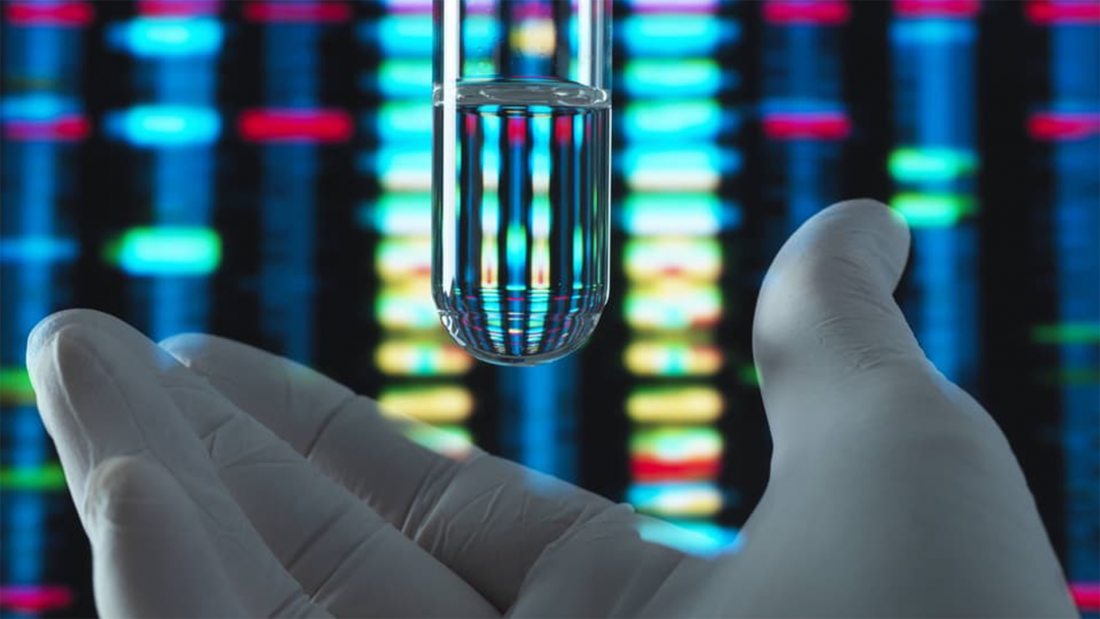The doping control procedure is clearly defined for all anti-doping organizations in the World Anti-Doping Agency (WADA) International Standard for Testing and Investigations (ISTI). Standardized procedures, professionally trained doping control officers (DCOs), and clearly formulated rights and obligations ensure that doping controls satisfy high quality standards. In Switzerland, testing is governed by the “Regulatory Statutes for Testing and Investigations”.
Regulatory Statutes for Testing and Investigations (in German)
Rights and Obligations During Testing
It is important that athletes are familiar with, exercise, and fulfill their rights and obligations when undergoing testing.
Athletes’ Rights
- To treatment from the DCOs that is as discreet and appropriate as possible. DCOs must provide official proof of identity.
- To be informed of the consequences of refusal to comply.
- To be accompanied by a person of trust.
- To engage an interpreter if necessary.
- To have the testing procedure explained and their questions answered.
- To ask if sample collection might be postponed briefly, e.g.
- for athlete presentations or award ceremonies
- for media-related obligations
- to participate in competitions taking place immediately
- for initial regeneration measures
- for necessary medical treatment
- to obtain proof of identity
- To choose from a selection of originally packaged testing kits, and to handle them themselves at all times.
- To the presence of a person of the same sex when providing a urine sample.
- To note remarks about the testing procedure, and especially anything that appears unusual, on the doping control form.
- To receive a copy of the signed form.
Athletes’ Obligations
- To undergo testing when required to do so (refusal to give a sample, or the evasion or manipulation of sample-giving, constitutes an anti-doping rule violation).
- To follow the instructions of the DCO.
- To provide proof of identity to the DCO.
- To confirm notification of selection for testing by signing the doping control form.
- To be supervised by a DCO (or chaperone) between receiving notification of selection for testing and arriving at the testing station.
- Urine sample collection under visual check.
- Careful checking of the information on the form, in particular the number of the testing kit.
- To sign the form after the test is completed.
Role of Doping Control Officers
Testing is carried out by trained specialist personnel, known as doping control officers (DCO). DCOs must present proof of identity and must adhere strictly to the applicable regulatory provisions. As part of this, they must brief athletes who are being tested on all steps of the testing procedure, and answer any questions they may have. This ensures that athletes’ rights are safeguarded. While conducting the test, the DCO must respect the personal needs of the athlete as far as is permitted by the regulatory requirements and the local circumstances.
The Testing Procedure Step by Step
A doping control involves taking urine and/or blood samples. A blood sample may be collected in addition to or independently of a urine sample. Detailed information on the procedures for urine and blood testing can be found via the following links:
Feedback and Questions
If you have any feedback or questions, you can contact us at any time.

